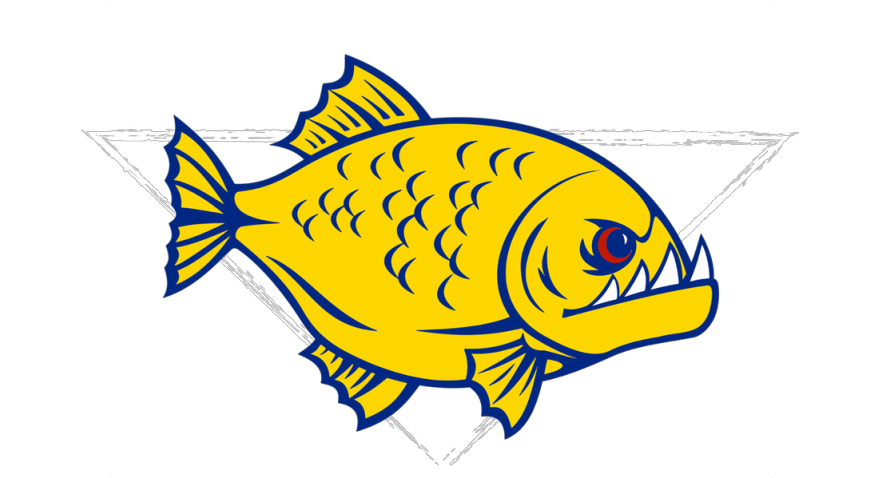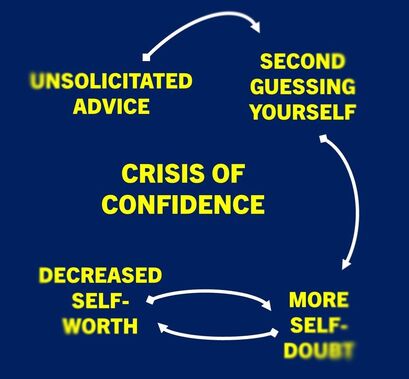General Feedback .
|
Feedback is about telling people what we think of their performance and how they should have done it better. The majority of that feedback is based within a lens of what you would have done in that situation and your personal assessment of what success looks like. This metric continually moves and is highly subjective.
When you enter a new environment (with people that you don’t know) you automatically take on a role of being lower on the totem pole, you instinctively focus on doing whatever they want you to do or whatever the established culture is. You are actively trying to understand and adapt to that culture to avoid rejection. Everyone manages these instinctive reactions in different ways but the core drive to meet the expectations of the group and be accepted are always present. This is true for new jobs, new relationships and new sports. New players, who have made the effort to show up to an underwater hockey practice, will focus on anticipating what the established players want them to do. This puts a new player in the position of trying to focus on playing a new and physically complex sport while continually trying to evaluate what the group wants from them and trying to anticipate how their success is being judged. In a job or a relationship there is usually an established framework you can follow combined with clear feedback from an identified person. This can vary with each job or relationship and that often dictates the length of either situation. In underwater hockey clubs it is an accepted culture that any player who feels inclined can share their different idea's of what success is and the framework or culture the new player should follow. This makes it impossible to adopt the culture because you have no idea which set of rules you are being judged by. As the new player attempts to satisfy multiple perspectives by listening and nodding to each person they start to get more ‘feedback’ which is often couched as “this is what you can do to improve”. The new player who is only wants to hear that they are successful, accepted and good enough only hears that they could do better which gets translated as "I am not good enough". This lack of success is confirmed because the well-meaning established player feels validated by the attention and increases the feedback. This triggers a natural low-level anxiety combined with a sense of failure and a slow lowering of self worth. Unsolicited feedback, regardless of how well meant, is always going to have a negative impact. |
Positive feedbackIn sports positive feedback is usually experienced when a player achieves an intended outcome. This is often after a successful play. Unfortunately without a clear club structure the player offering unsolicited, even positive, feedback has really put themselves in a position of being an uninvited mentor by saying I have better knowledge and experience and can evaluate your play. The established player believes they are giving value to the newbie by sharing their better knowledge base but are actually making themselves feel valuable. You don't give feedback to players better than you, therefore any feedback within a game is based on the unspoken, value signalling, premise that you are a better and valued player. |
BEST CASE SCENARIO? |
|
The message is “You’re clearly unaware of this piece of information that I have—otherwise, you’d be doing it a different way,” or “I think my way is better, you might find this helpful,” or “maybe this way would be better.” These are all just another way of saying “I’m looking down on what you’re doing.” Or, quite simply: “You’re doing it wrong.” Even when we’re coming at it with good intentions, we’re suggesting that the other person has a deficient—in knowledge, in ability or understanding and needs to be corrected.
|
|
After a few weeks new players start arriving at the pool expecting that after any play they may get some well meaning, established member of the 'tribe' telling them that to improve they should...insert established players superior perspective on how the weaker player could improve.
This is almost a textbook description of social stress even if everyone involved is unaware of how brains naturally work. The mental, physical, and psychological effects of social stress are real and, for the new player, it often means;
This is almost a textbook description of social stress even if everyone involved is unaware of how brains naturally work. The mental, physical, and psychological effects of social stress are real and, for the new player, it often means;
- Increased anxiety for fear of getting more feedback.
- A constant running tally in their minds of possible responses to what you are saying.
- Constantly second-guessing themselves.
- The player begins to believe that this sport is not for them!!


